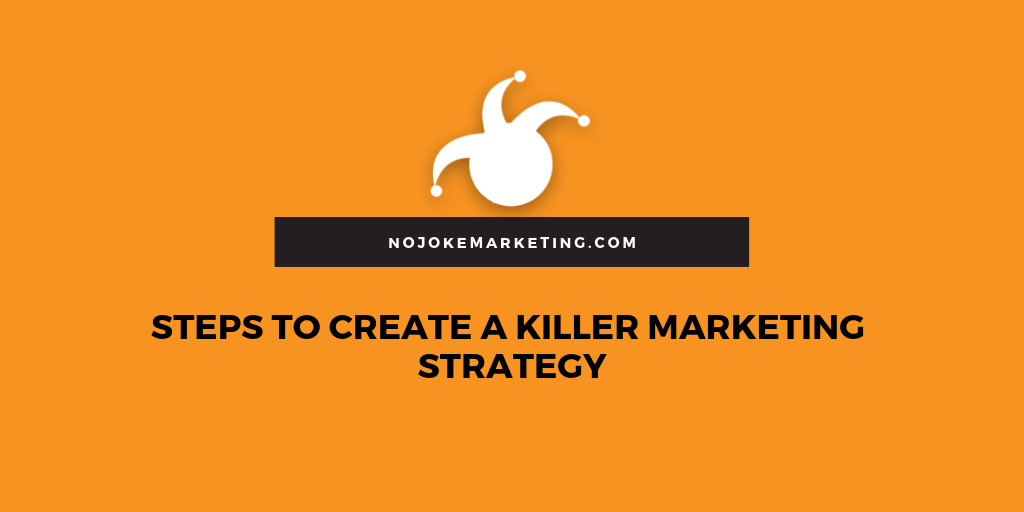For any small business, digital marketing presents two common dilemmas: how to engage your audience more effectively and how to stay on top of the latest digital marketing trends when you have more immediate priorities. And while the former can frequently be answered through trial, error and experience, it’s the latter that small businesses stumble with.
But the latter has a direct impact on the former. And while the landscape of digital marketing seems to change dramatically every other week, failure to pay attention to it can cost your business more than you think.
A lot more. Recent polls have shown some 70 to 80 percent of consumers actively research small businesses before purchasing from them. It doesn’t matter how comprehensive your website is. If you’re not taking advantage of the variety of digital marketing channels available, you’re going to lose out on more than just one or two potential customers. Here are some proven digital marketing tips you may want to start implementing today.
1. Anything They Can Do, You Can Do Better
Take a long hard look at your competitors. Where are they ranking in searches? Are their services really all that different from yours? What are they providing that you’re not?
It’s not hard to distinguish what separates you from your competitors. But distinguishing what makes their digital marketing strategy successful can take some creative thinking. Are they social media friendly? Do they have outstanding reviews? Testimonials? A detailed blog covering topical questions? Just because they’re more successful than you doesn’t mean they’re better. They just know how to play an audience better. And so can you.
2. Content, Content, Content!
One of the great misunderstandings many companies have about content is the assumption that it’s solely the domain of digital marketing agencies. It isn’t. At its heart, content is what you generate. And that can be anything from a (friendly!) comment left on a competitor’s blog to streaming video. But the tip to remember is that content doesn’t just link back to your business. It links back to you. Which means you need to generate it consistently and update it frequently in order for it to be effective. A blog you haven’t updated in five years isn’t just going to make you look like you don’t care. It’s going to look like you’ve closed up shop for good.
3. What Does Your Website Say About You?
In the early days of digital marketing, it was common for agencies to dazzle visitors with flashy designs that looked impressive—and said very little. And it was a strategy that worked. For about six months.
It’s not only because visitors have grown shrewder. Their attention spans have grown shorter, as well. And they want to know what you have to offer right away. An effective and comprehensive web landing page isn’t just about coherent design. It’s about defining what your business stands for. Is your target audience locally based? Your landing page should reflect that. Is your business driven by your own deeply rooted sense of values? You need to state so on your ‘About’ page. The key is not to confuse your visitors, however. Be as clear and succinct as you possibly can. Customers want simplicity, not run-on sentences.
4. Looks Can Sometimes Be Everything
You’re probably already aware that visual optimization should be a key driver in your digital marketing strategy. In fact, 80 percent of visitors have indicated they’re more willing to read visually heavy content. But have you thought about the design of your content?
In 2012, Google found that users were more likely to respond positively to simple, familiar designs rather than more visually complex, unconventional sites. And simplicity should always be your top priority in any digital marketing strategy. This isn’t merely a question of visual design. Even the formatting of your blog posts should be standard, coherent and easy to follow. It’s no use developing a strategy to begin with if your customers can’t keep up with your content.
5. Never Underestimate The Strength Of Local SEO
SEO is no great mystery. In fact, it can be as simple as running a Google search on a selected keyword string. But tailoring your SEO to be more locally specific can be trickier.
Which is why many small businesses choose to backlink to local bloggers, newspapers and even their own competitors. Not only does backlinking drive results (so long as you don’t overdo it), but companies are frequently more inclined to return the favor. Local businesses tend to support one another. For many small businesses, however, SEO development can be a time consuming process. But it’s an ultimately rewarding one in the end.
6. Not All Social Media Is Created Equal
And not all platforms are going to be appropriate for your business. Learning to discern their viability is as simple as identifying your target audience. B2B segments will rarely find as much traction on Facebook or Instagram as they might on LinkedIn. And focusing on your target audience can often mean countless hours of observation and research.
Defining your target audience goes deeper than simply defining whether or not they’re a business or consumer segment. What are their ages? What do you really know about their purchasing habits? Their lifestyles? Their background? Social media usage will often reflect this in unexpected ways. Not just their shopping preferences, but their viewing habits as well. Frequent audits of your social media strategy can be time consuming; but it can also lead you to insights not only about your customers, but your future direction as well.
And in the end, your future direction should be the fulcrum of your digital marketing strategy.
Is your digital marketing holding you back? At No Joke Marketing, we can help. Visit us today at nojokemarketing.com









